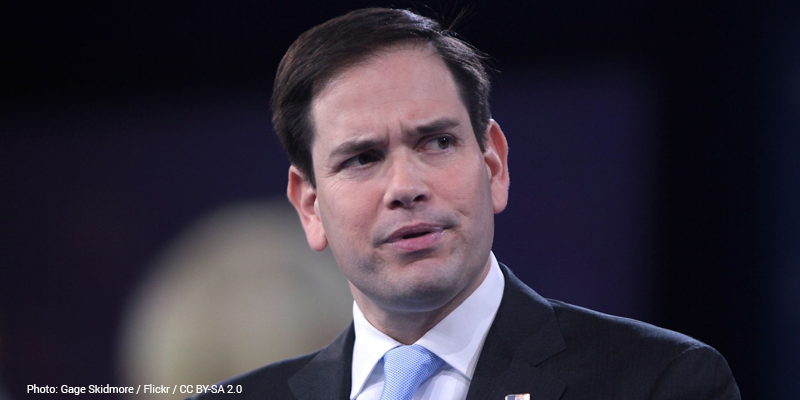Akshat Rathi will be in Seattle on Aug 18, then in San Francisco and Boston over the following two weeks. If you'd like to meet him for drinks, please let him know here. *** By Akshat Rathi and Jennifer A Dlouhy It was the middle of July — with temperatures surging through one of the hottest summers in US history, half of the country in drought — and the Senate’s all-important member, Joe Manchin of West Virginia, had slammed the brakes on legislation to combat global warming. Again. That’s when billionaire philanthropist and clean-energy investor Bill Gates got on the phone with Senate Majority Leader Chuck Schumer, whose job it was to hold together the Democrats’ no-vote-to-spare majority. One of the world’s richest men felt he had to give one of the nation’s most powerful lawmakers a little pep talk. “[Schumer] said to me on one call that he’d shown infinite patience,” Gates recounted in an interview last week, describing for the first time his personal effort to keep climate legislation alive. “You’re right,” Gates told Schumer. “And all you need to do is show infinite plus one patience.” Gates was banking on more than just his trademark optimism about addressing climate change and other seemingly intractable problems that have been his focus since stepping down as Microsoft’s chief executive two decades ago. As he revealed to Bloomberg Green, he has quietly lobbied Manchin and other senators, starting before President Joe Biden had won the White House, in anticipation of a rare moment in which heavy federal spending might be secured for the clean-energy transition.  This story is drawn from an exclusive interview with Bill Gates that will be featured in the first episode of Zero. Sign up below to receive the debut show when it’s released. Subscribe on Spotify and AppleThose discussions gave him reason to believe the senator from West Virginia would come through for the climate — and he was willing to continue pressing the case himself until the very end. “The last month people felt like, OK, we tried, we're done, it failed,” Gates said. “I believed it was a unique opportunity.” So he tapped into a relationship with Manchin that he’d cultivated for at least three years. “We were able to talk even at a time when he felt people weren’t listening.” Few had any idea at this time that talks remained open at all. In addition to Gates, an ad hoc group of quiet Manchin influencers sprang into action just when climate legislation seemed out of reach. Schumer’s office credited the bill's passage to persistence and otherwise declined to comment. Collin O’Mara, chief executive officer of the National Wildlife Federation, recruited economists to assuage Manchin’s concerns — including representatives from the University of Chicago and the Wharton School of the University of Pennsylvania. Senator Chris Coons of Delaware brought in a heavyweight: former Treasury Secretary Lawrence Summers, who has spent decades advising Democrats. The economists were able to “send this signal that [the bill’s] going to help with the deficit,” O’Mara said. “It’s going to be slightly deflationary and it’s going to spur growth and investment in all these areas.” Through this subtle alchemy, clean-energy investments could be reframed for Manchin as a hedge against future spikes in oil and gas prices and a way to potentially export more energy to Europe. That additional patience and pushing helped send a history-making climate bill through Congress. The Inflation Reduction Act, sponsored by Manchin and Schumer, includes $374 billion in new spending to speed up clean-energy deployment, incentivize consumer purchases of electric cars, and boost other green priorities (alongside expanded federal mandates for oil and gas development).  Biden hands his pen to Manchin after signing the Inflation Reduction Act at the White House on Aug. 16. Photographer: Sarah Silbiger/Bloomberg Now Biden has signed it into law. Doing so secures a landmark victory for Democrats, who acted in unison without a single Republican vote, and delivers on the climate agenda that formed a part of the president’s campaign promises. It’s by far the biggest financial commitment the US government has ever made to fight climate change. The emissions reductions that will result from this law will be roughly the same as eliminating the annual planet-warming pollution of France and Germany combined, or about 2.5% of the total global greenhouse gas output, according to researchers who specialize in climate modeling. It might be just about enough to revive the virtually left-for-dead goal of limiting warming to 1.5° Celsius, as enshrined in the Paris Agreement. But this turning point almost didn’t happen. Perhaps more than any previous moment in the effort to reverse rising temperatures, this one hinged on a handful of personalities and interpersonal relationships. Click here to read the full story of how quiet back-channeling by Bill Gates and others helped shape the climate policies in the new law.  Photo Illustration: 731; Getty Images (3) Like getting the Green Daily? Subscribe to Bloomberg.com for unlimited access to breaking news on climate and energy, data-driven reporting and graphics and Bloomberg Green magazine. | 


























Comments
Post a Comment